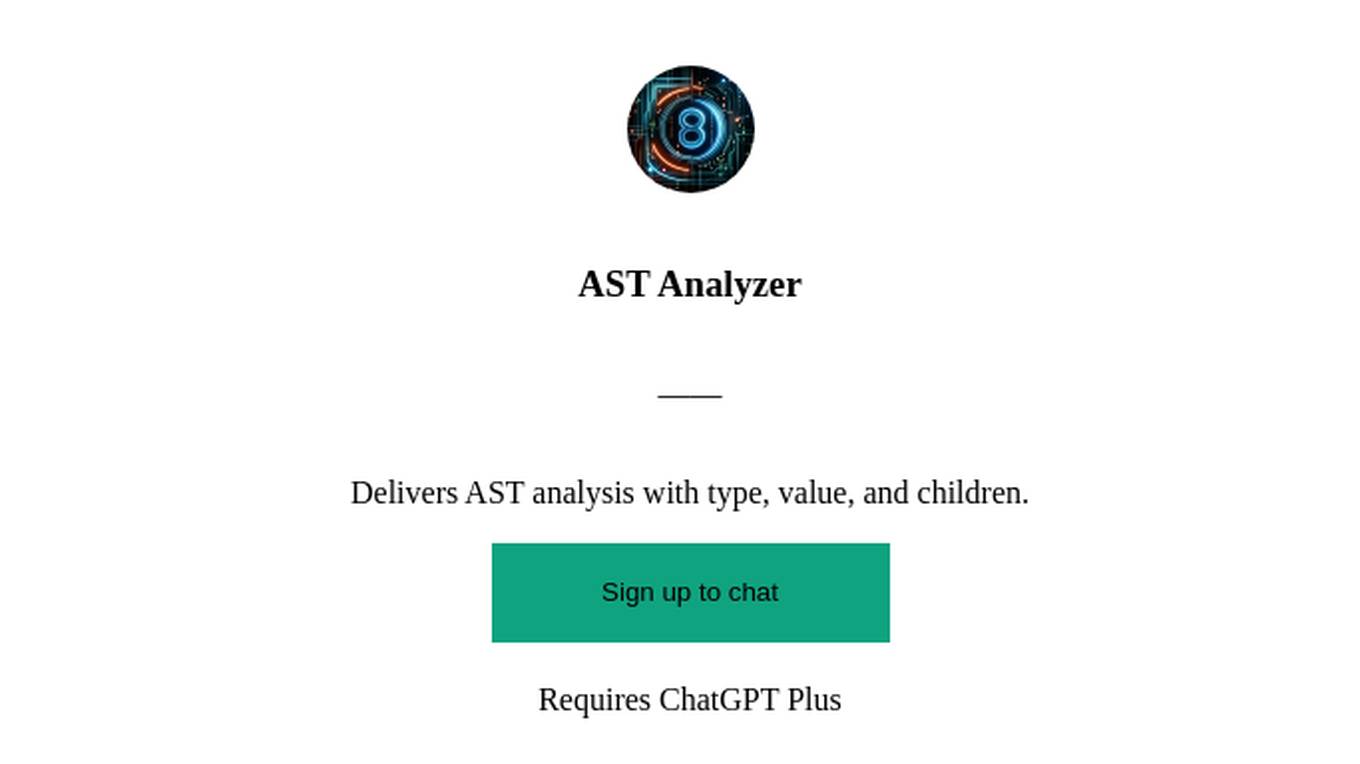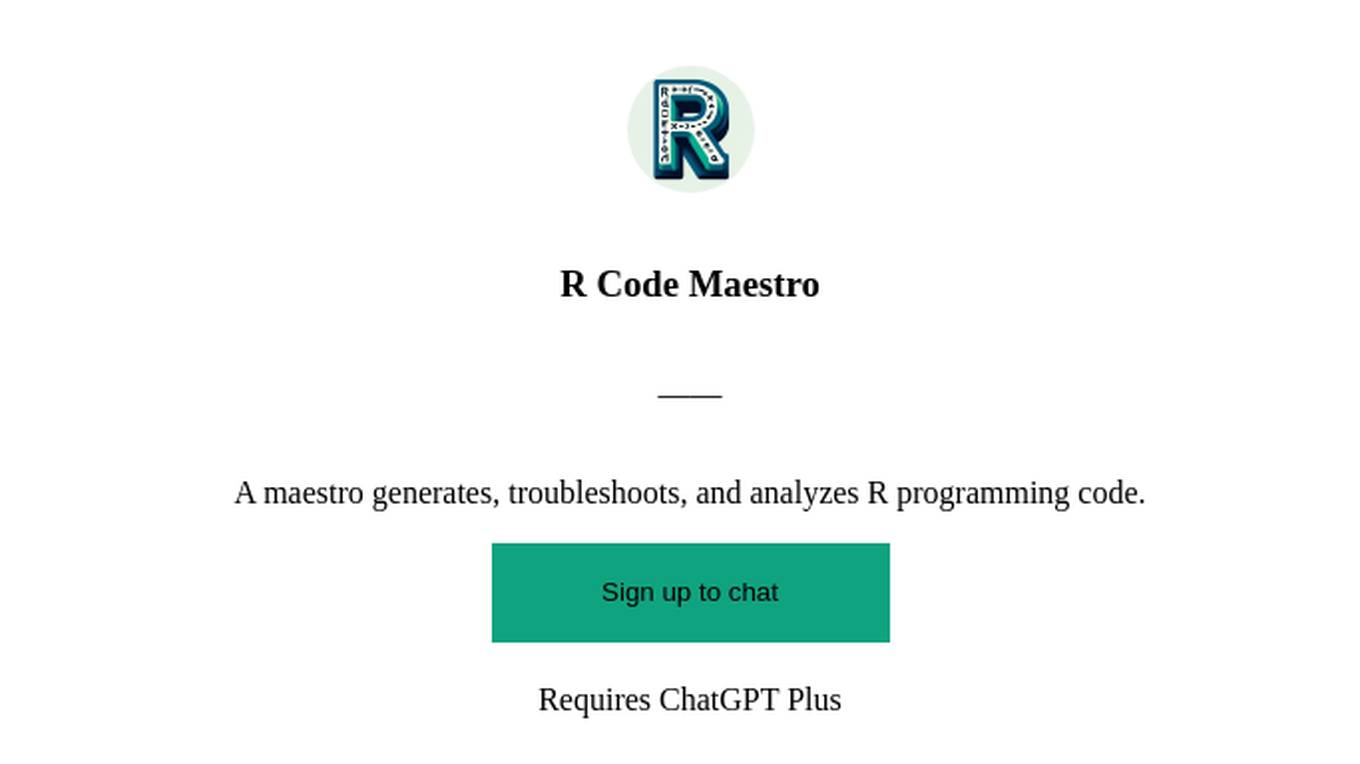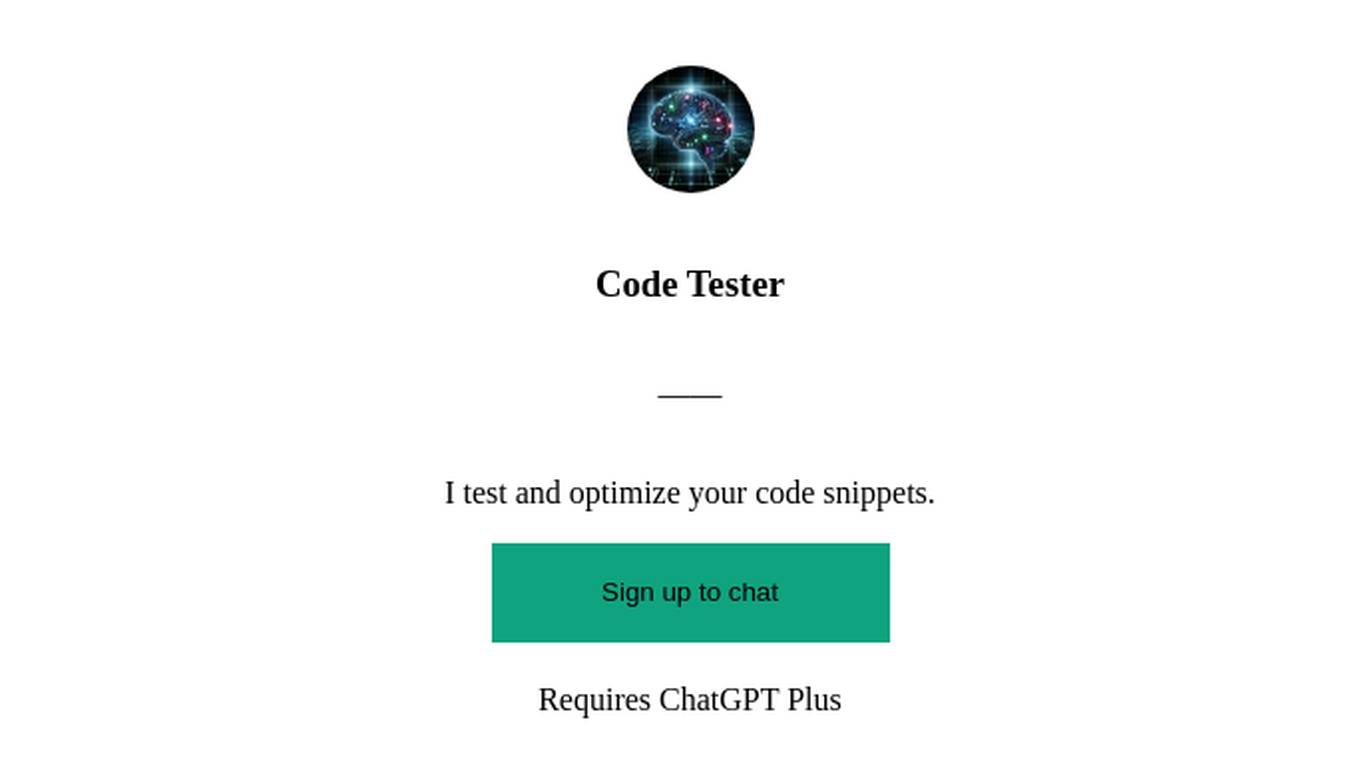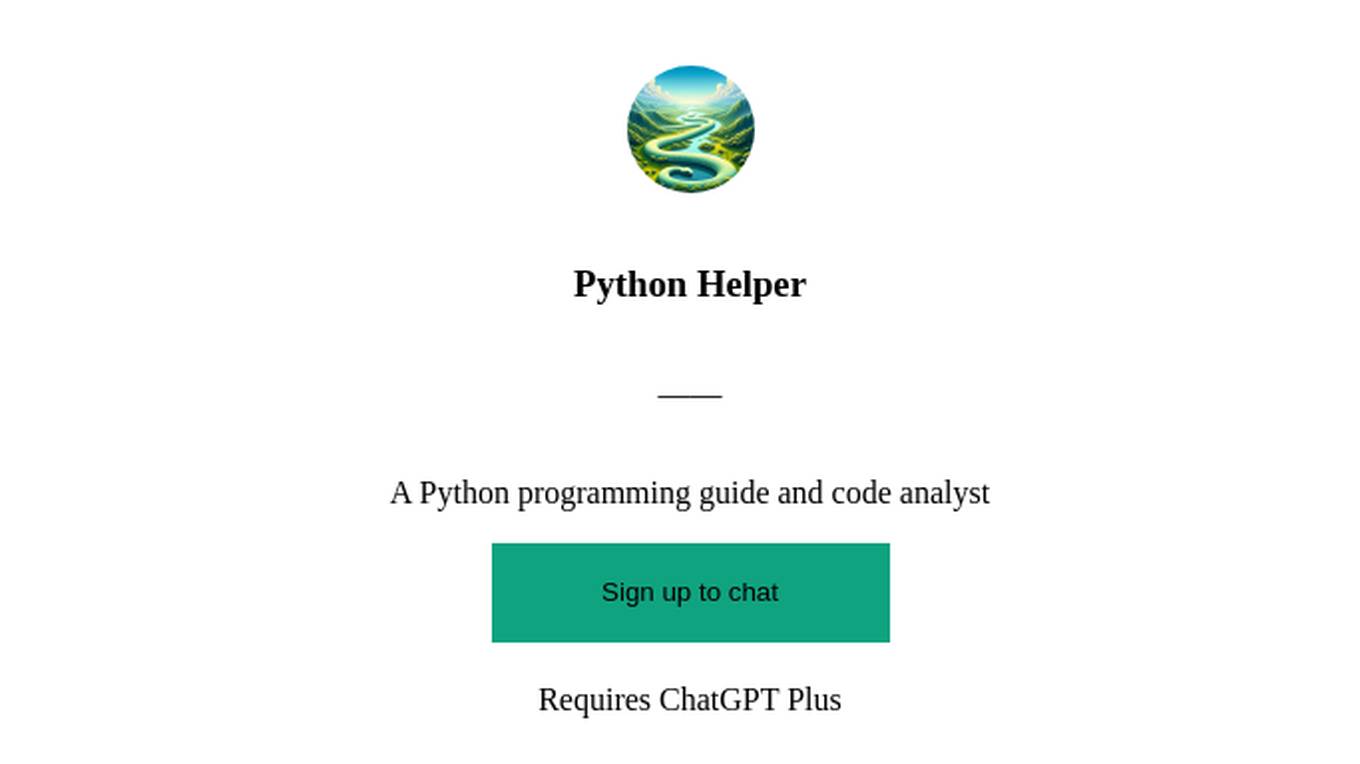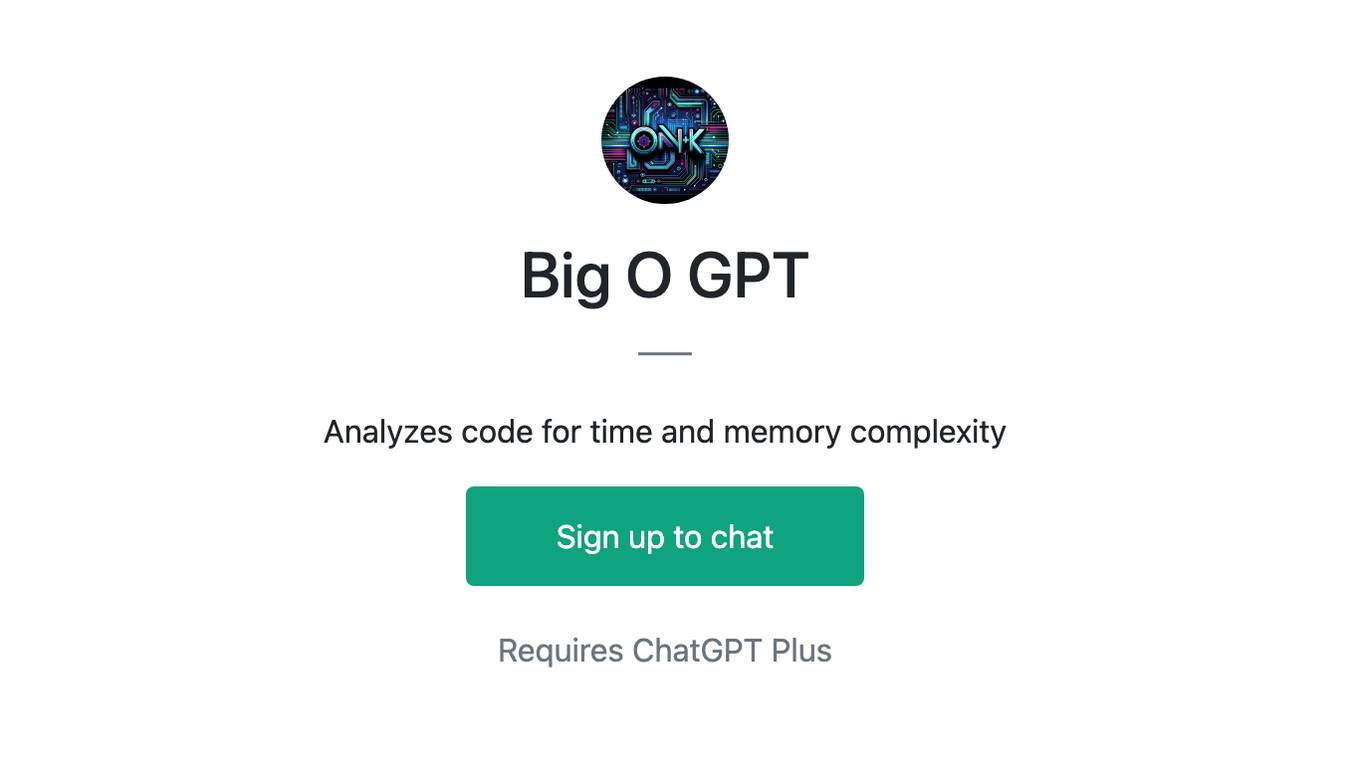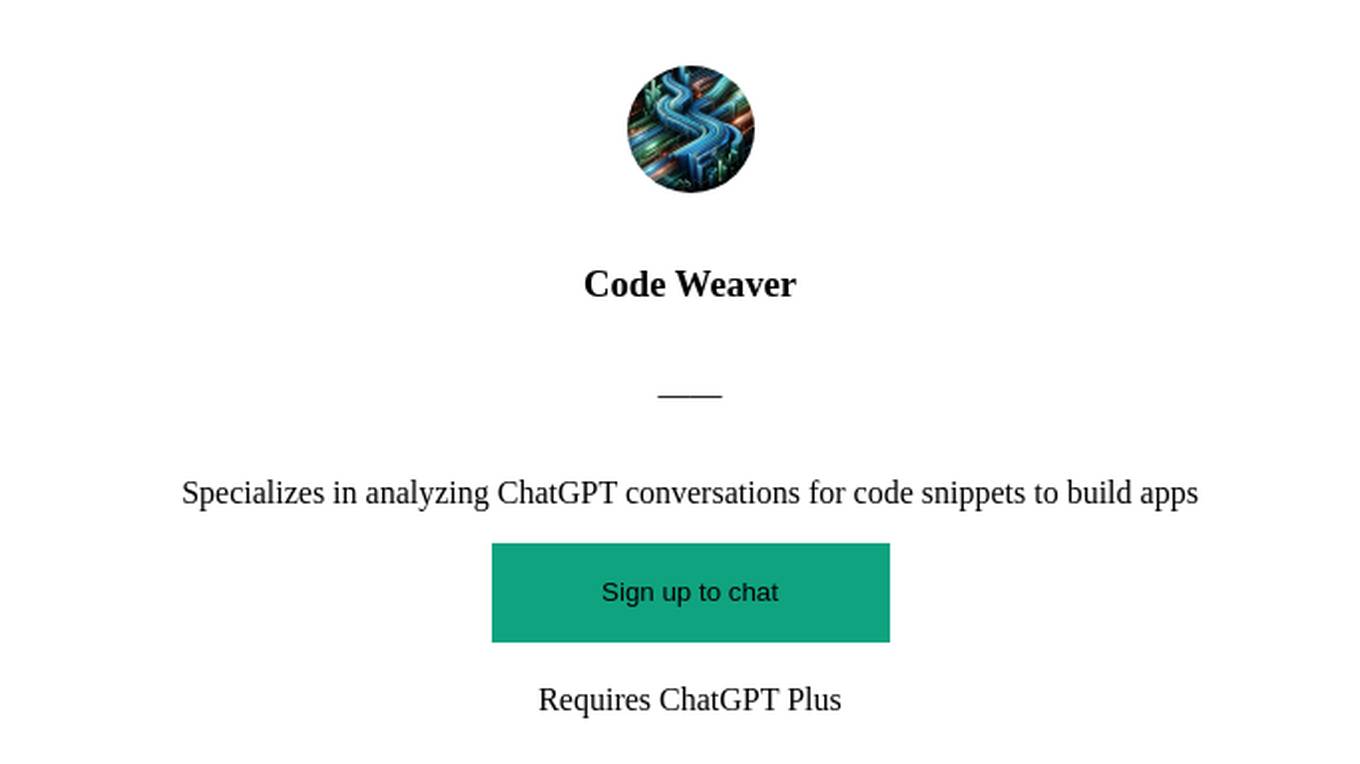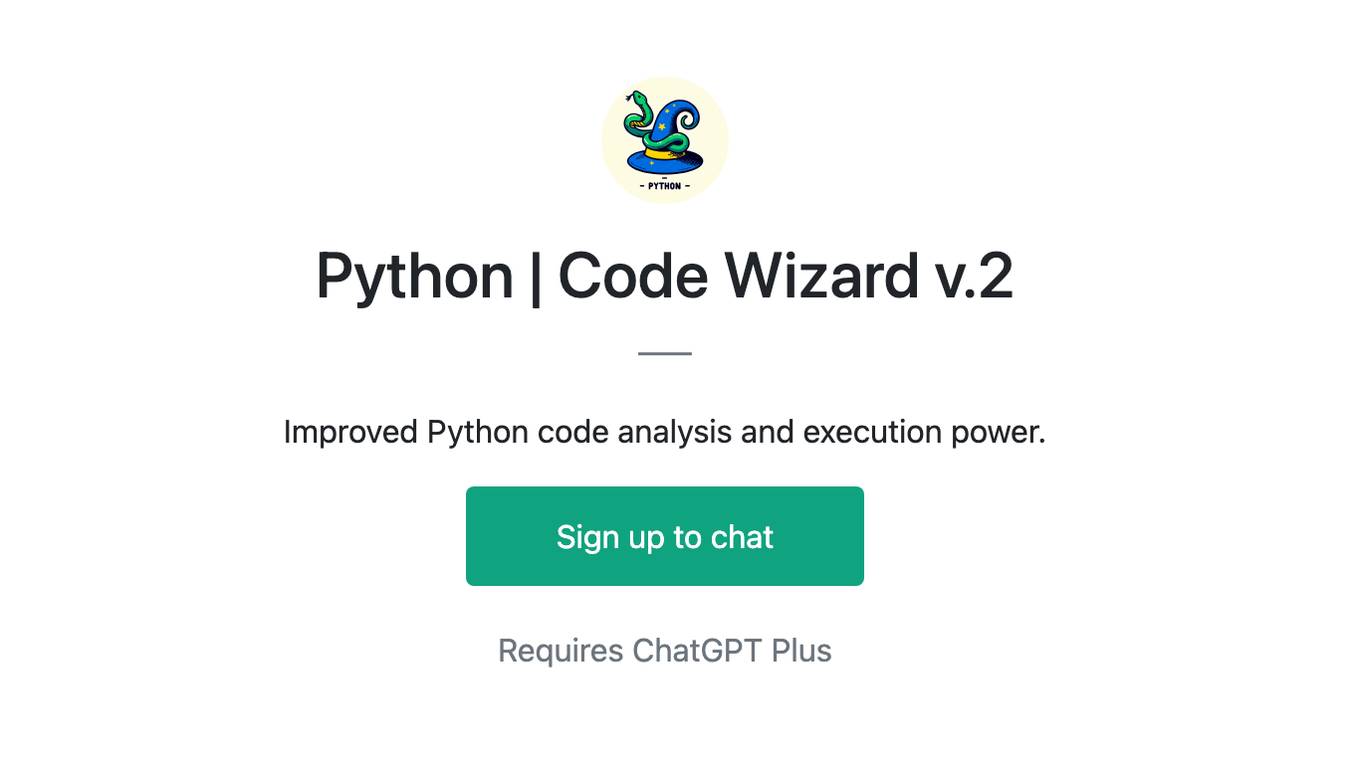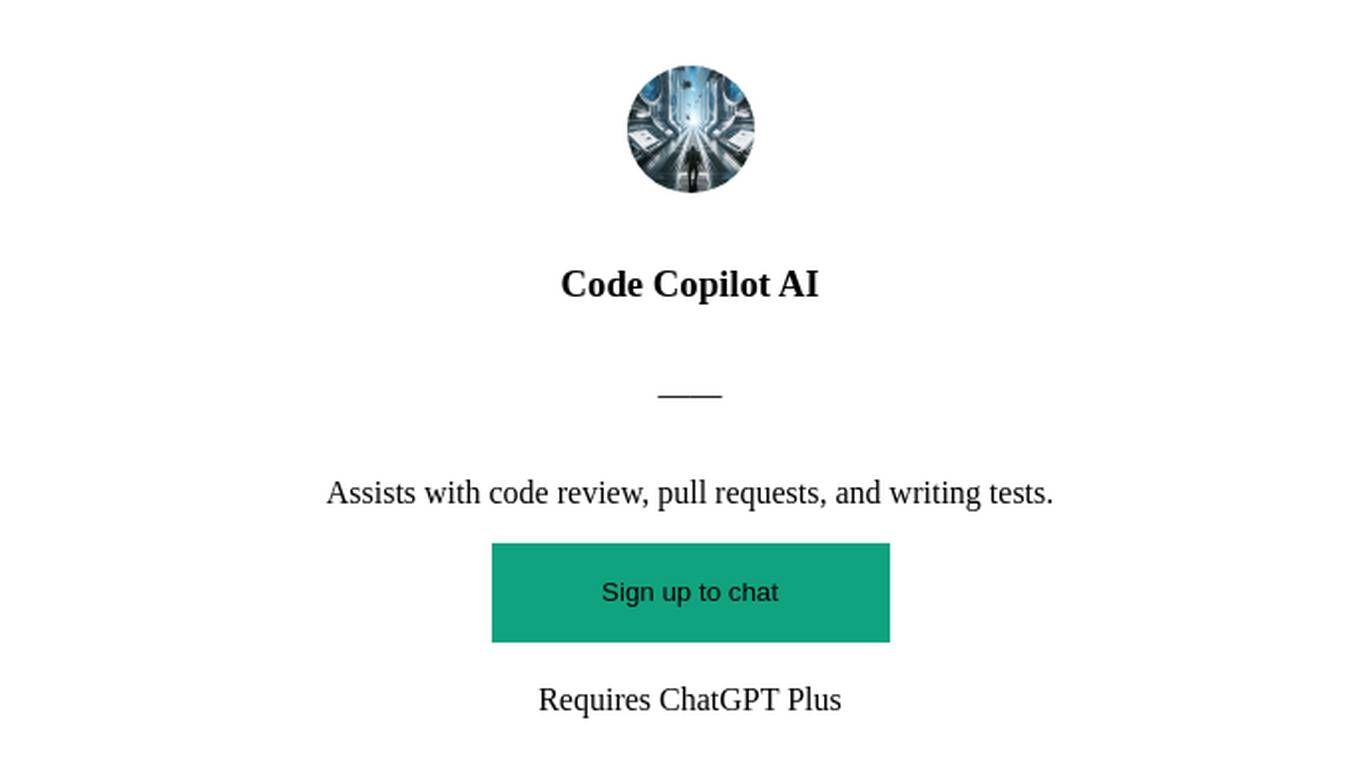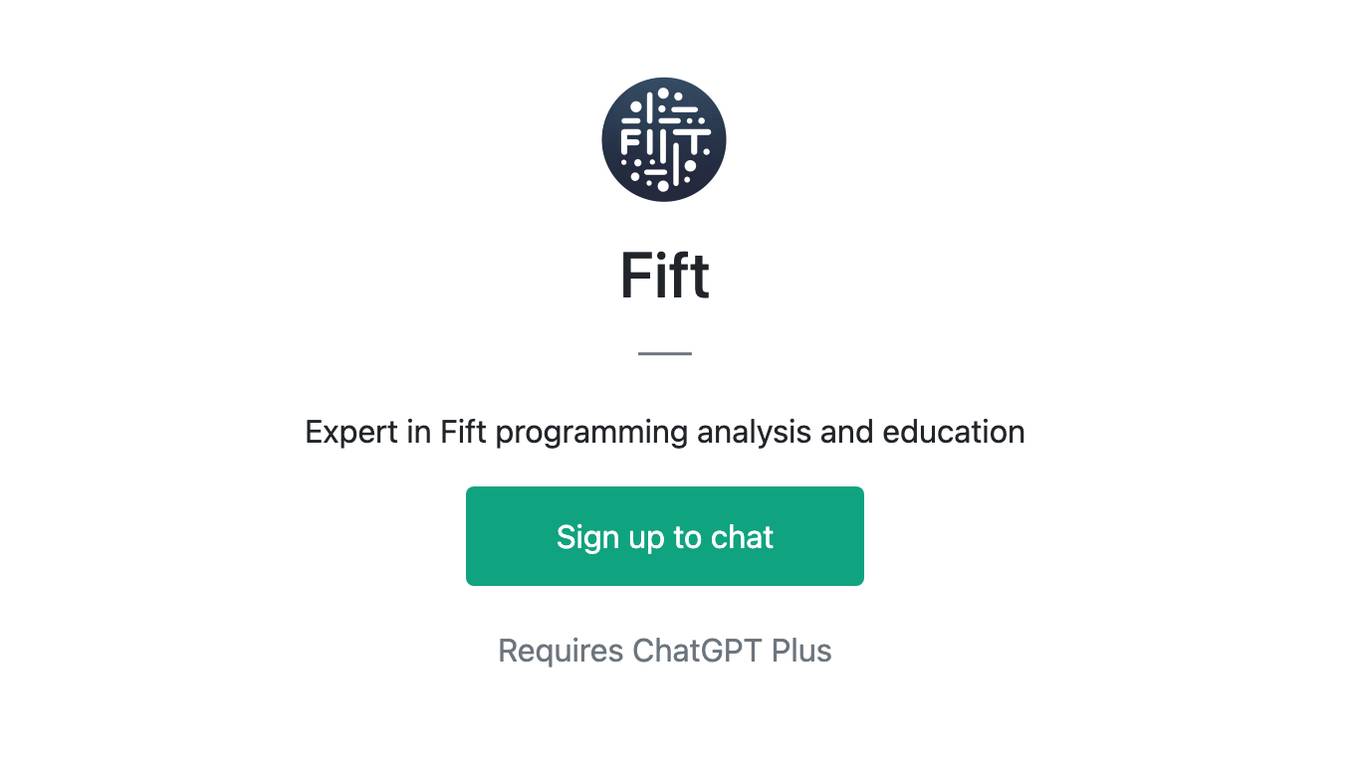Best AI tools for< Analyze Code Performance >
20 - AI tool Sites

TimeComplexity.ai
TimeComplexity.ai is an AI tool that helps users analyze the runtime complexity of their code. It can be used across different programming languages without the need for headers, imports, or a main statement. Users can input their code and get insights into its time complexity. However, it is important to note that the results may not always be accurate, so caution is advised when using the tool.
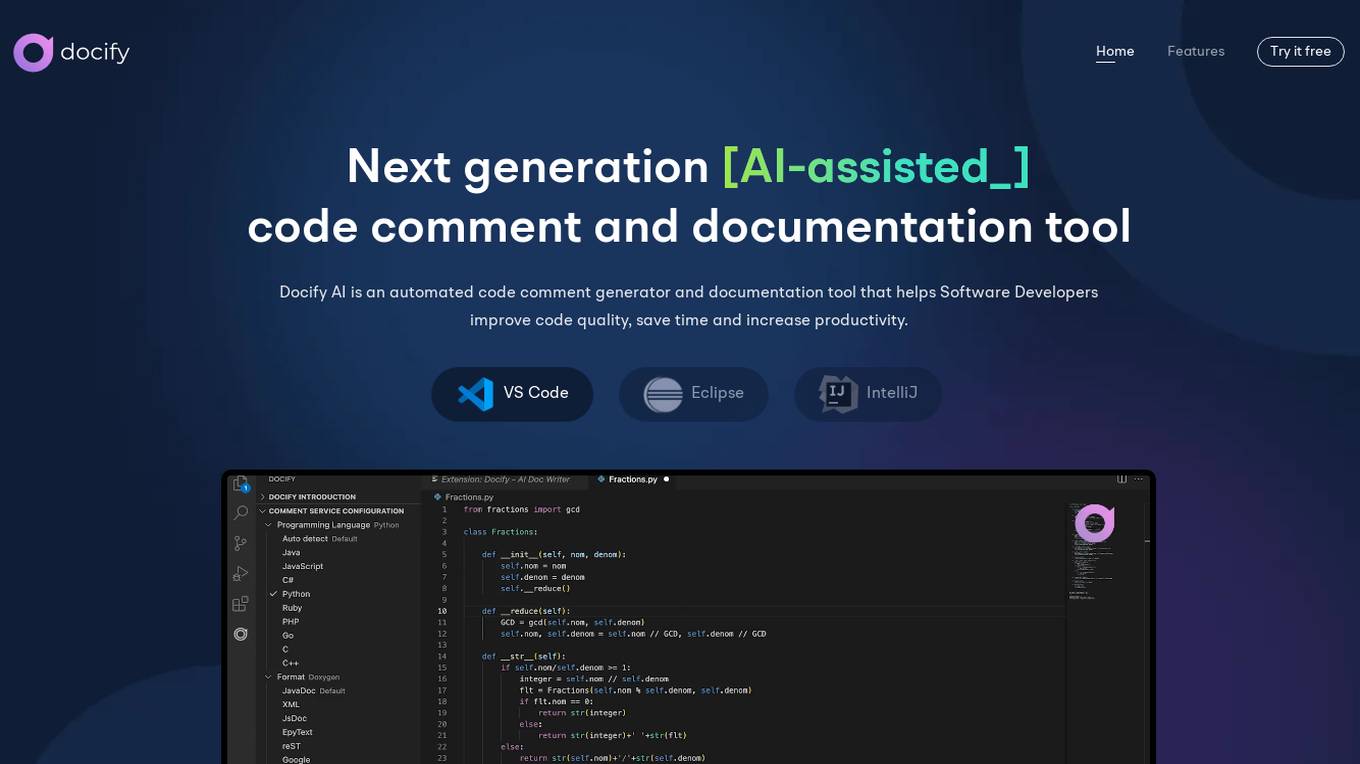
Docify AI
Docify AI is an AI-assisted code comment and documentation tool designed to help software developers improve code quality, save time, and increase productivity. It offers features such as automated documentation generation, comment translation, inline comments, and code coverage analysis. The tool supports multiple programming languages and provides a user-friendly interface for efficient code documentation. Docify AI is built on proprietary AI models, ensuring data privacy and high performance for professional developers.

Master of Code Global
Master of Code Global is an AI development company that offers a wide range of AI, web, and mobile solutions to enhance customer experiences. They specialize in services such as chatbot development, conversational AI, generative AI development, web development, software product development, and more. With a focus on leveraging advanced technology to automate tasks, analyze data effectively, and personalize customer interactions, Master of Code Global aims to provide custom world-class digital experiences for web and mobile platforms empowered by AI.

AiPlus
AiPlus is an AI tool designed to serve as a cost-efficient model gateway. It offers users a platform to access and utilize various AI models for their projects and tasks. With AiPlus, users can easily integrate AI capabilities into their applications without the need for extensive development or resources. The tool aims to streamline the process of leveraging AI technology, making it accessible to a wider audience.
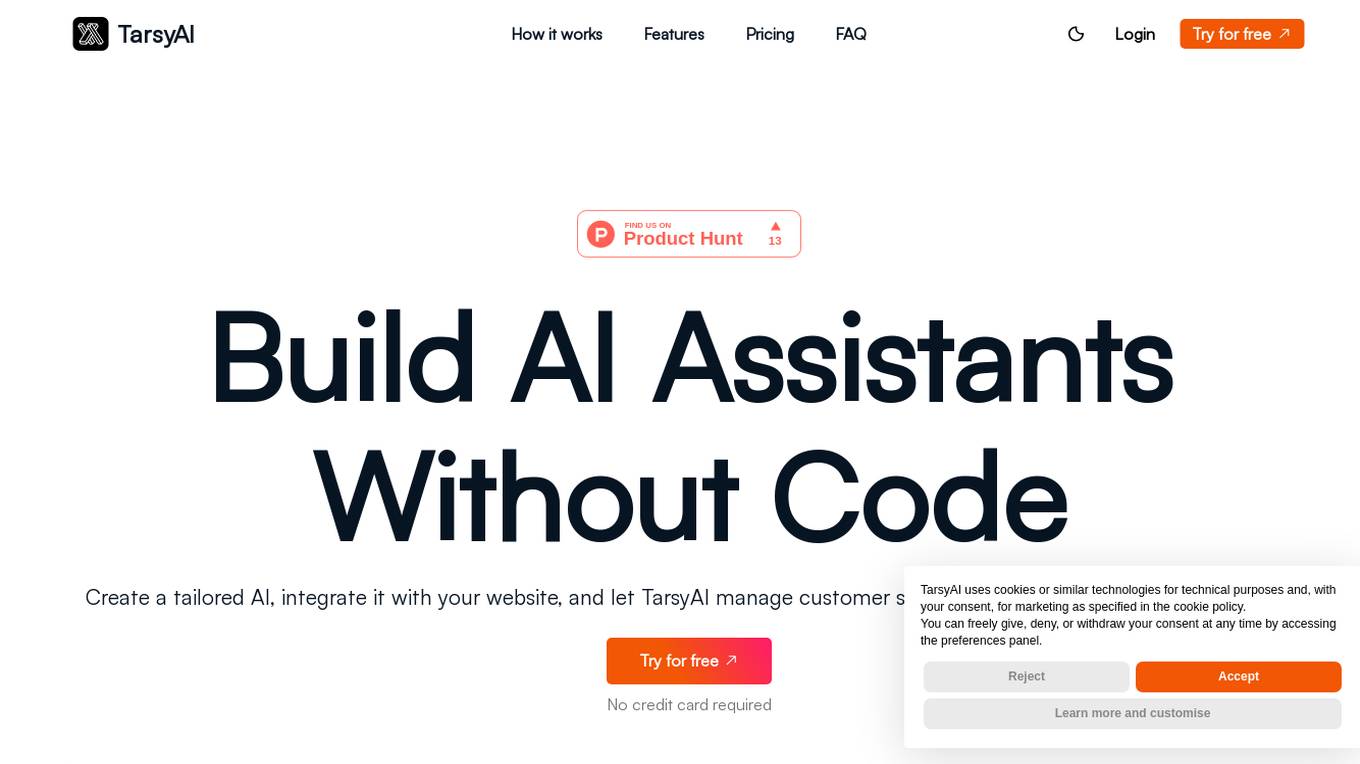
TarsyAI
TarsyAI is an AI tool that allows users to build AI assistants without the need for coding. Users can create customized AI assistants to manage customer support, lead generation, sales, and more. The platform offers features such as training with own data, customizing chat widgets, deploying AI assistants, monitoring and improving performance. TarsyAI supports multiple languages, provides advanced AI instructions, lead generation capabilities, and detailed analytics to enhance user interactions. The tool offers various pricing options to cater to different user needs, with a free trial available for all plans.
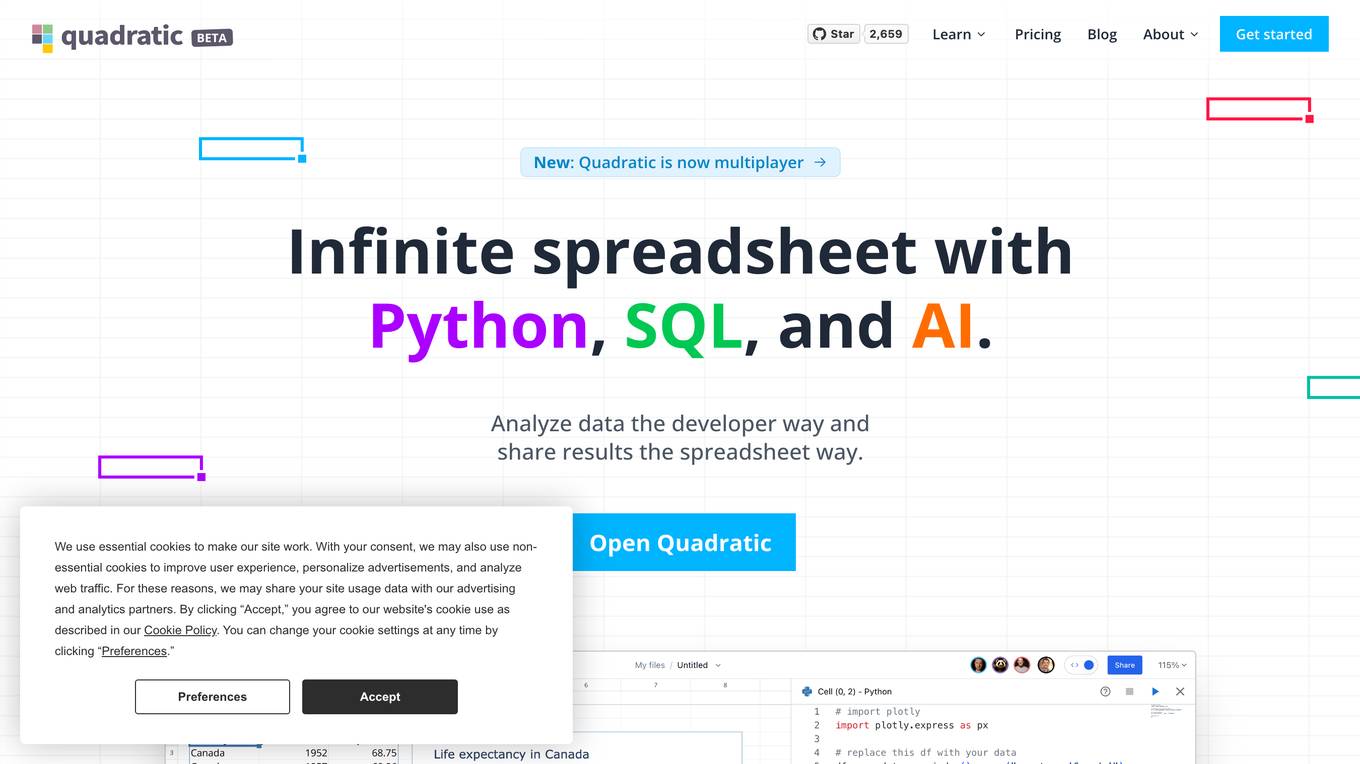
Quadratic
Quadratic is an infinite spreadsheet with Python, SQL, and AI. It combines the familiarity of a spreadsheet with the power of code, allowing users to analyze data, write code, and create visualizations in a single environment. With built-in Python library support, users can bring open source tools directly to their spreadsheets. Quadratic also features real-time collaboration, allowing multiple users to work on the same spreadsheet simultaneously. Additionally, Quadratic is built for speed and performance, utilizing Web Assembly and WebGL to deliver a smooth and responsive experience.
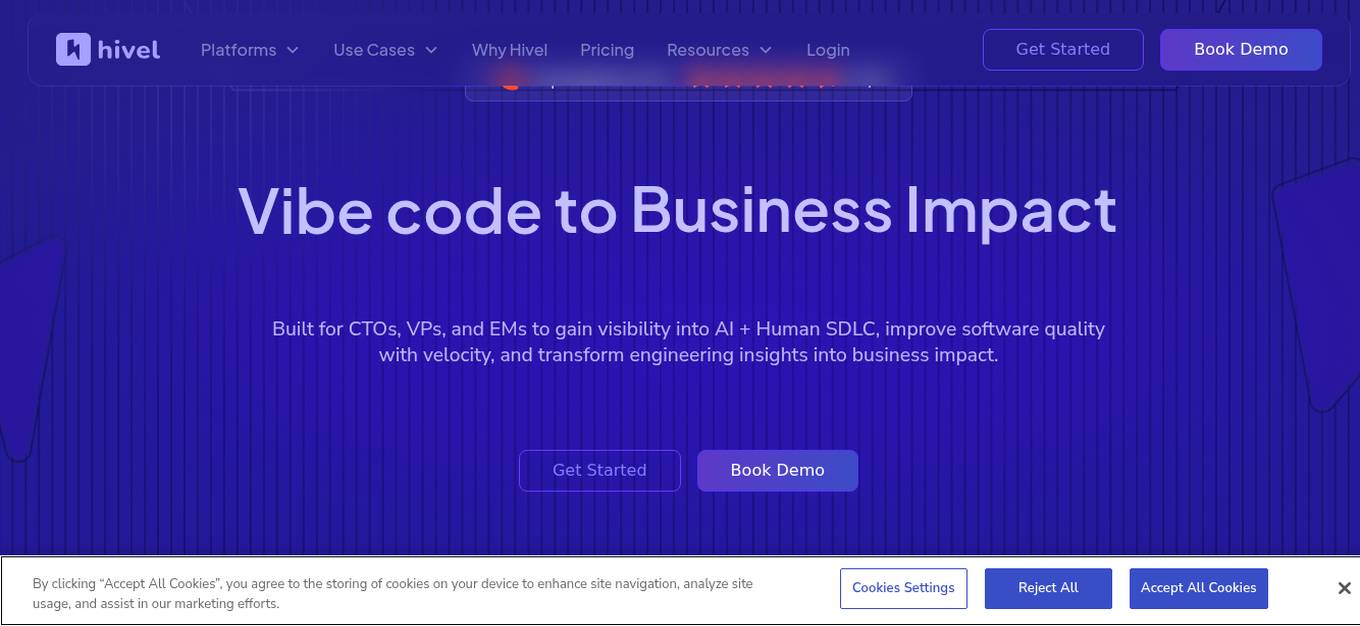
Hivel
Hivel is a Software Engineering Analytics Platform designed to provide actionable insights and metrics for engineering teams. It offers features such as AI Code Review Agent, DORA Metrics, Investment Profile, SPACE Metrics, and more. Hivel helps users measure the impact of AI adoption, analyze engineering data, and improve software quality with velocity. The platform is trusted by users and awarded by G2 Platforms for its excellence in analytics and code review. With a focus on AI-driven engineering, Hivel aims to empower teams to achieve balance, efficiency, and excellence in their software development lifecycle.
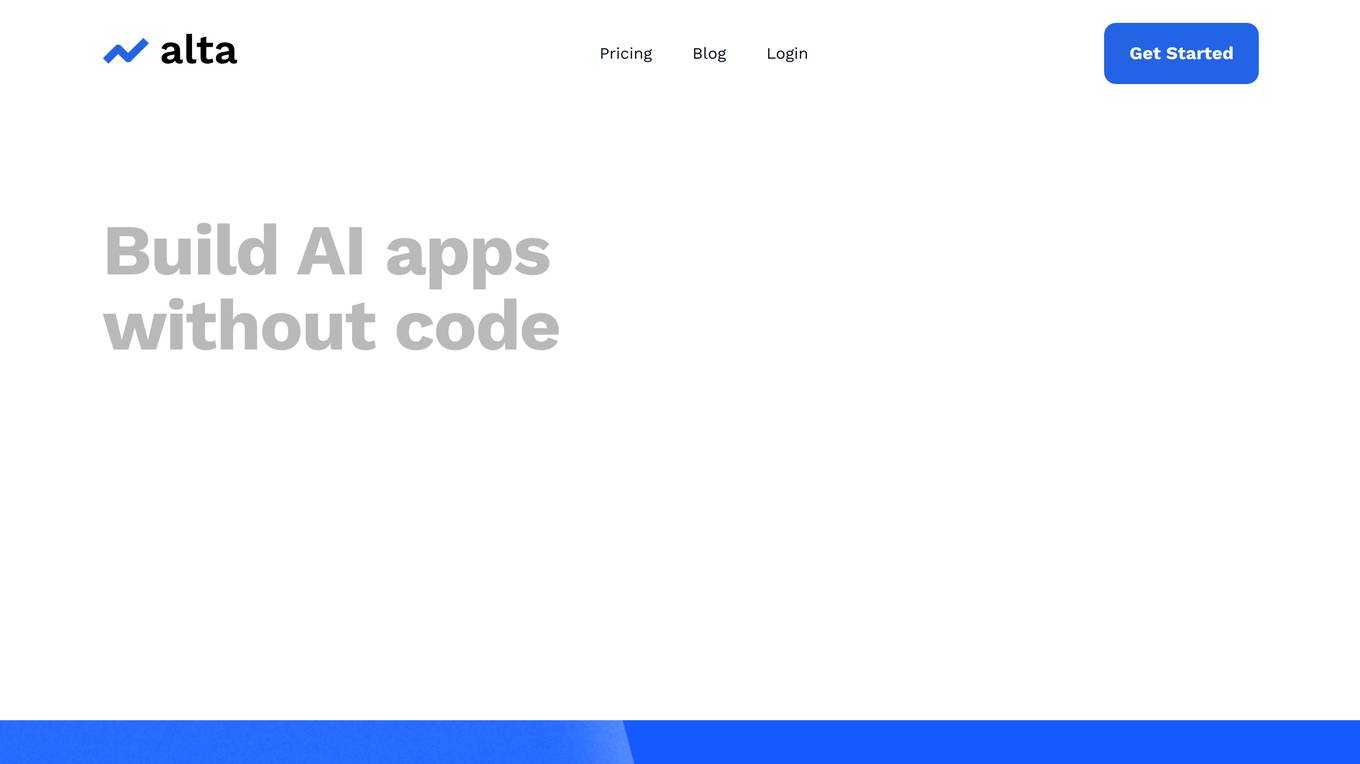
Alta
Alta is a no-code AI-powered application builder that allows users to quickly and easily create AI chatbots, websites, and mobile apps. With Alta, users can design their app using drag-and-drop components, connect their data from various sources, and personalize their app with their own branding. Alta also provides real-time insights on all channels, allowing users to track their app's performance and optimize the user experience.

Ninja AI
Ninja AI is an all-in-one AI platform designed for unlimited productivity. It offers a wide range of AI agents and models to assist users in tasks such as research, writing, coding, image generation, and file analysis. Ninja's compound AI system orchestrates across various AI models to deliver outstanding results. The platform is cost-efficient, user-friendly, and powered by next-gen hardware from AWS, ensuring high performance and adaptability.

Nexa
Nexa is an autonomous AI tool designed for Sales and Marketing teams. It uses AI agents to unify data from various tools, generating valuable insights to enhance sales performance and optimize marketing spend. The platform is built for high-growth startups post Series A funding, offering seamless data integration and instant access to revenue-driving insights. Nexa aims to streamline data analysis processes and boost productivity by providing a user-friendly interface and customizable features.
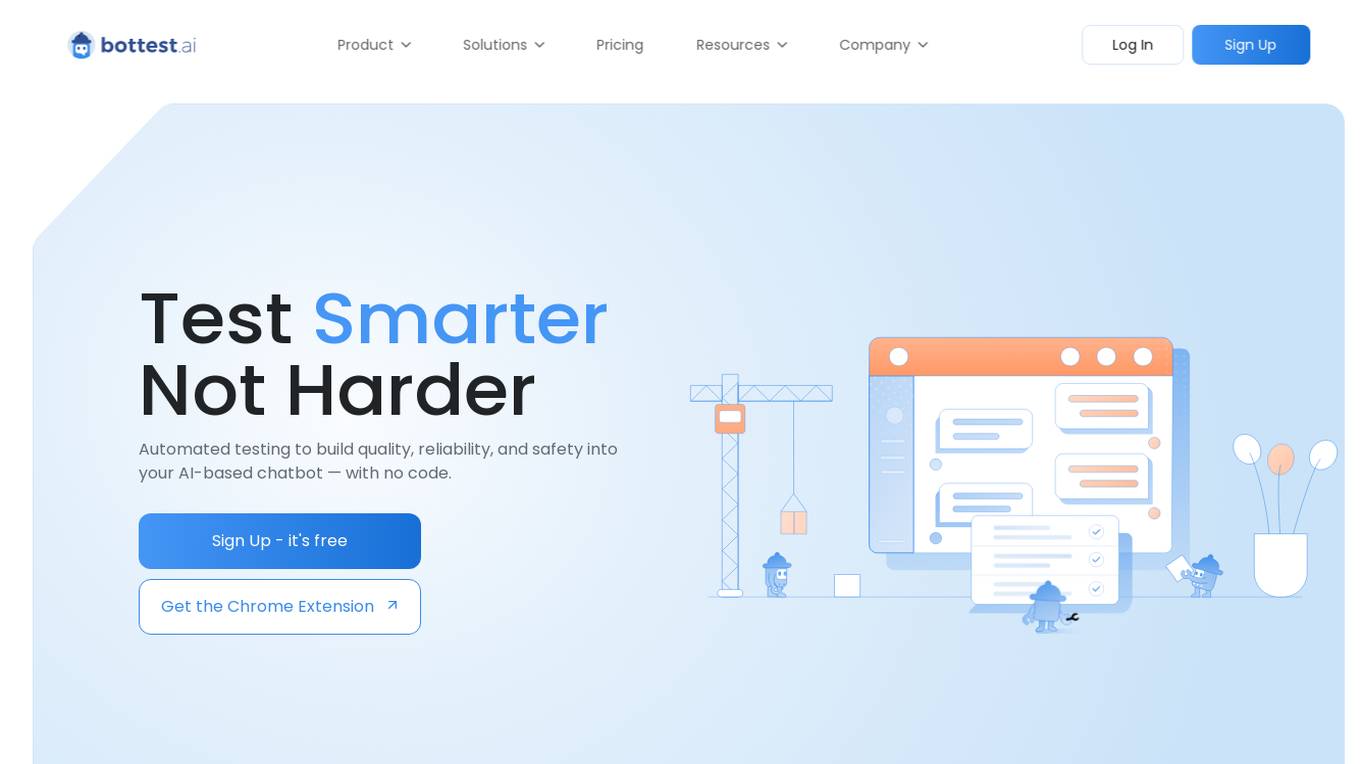
bottest.ai
bottest.ai is an AI-powered chatbot testing tool that focuses on ensuring quality, reliability, and safety in AI-based chatbots. The tool offers automated testing capabilities without the need for coding, making it easy for users to test their chatbots efficiently. With features like regression testing, performance testing, multi-language testing, and AI-powered coverage, bottest.ai provides a comprehensive solution for testing chatbots. Users can record tests, evaluate responses, and improve their chatbots based on analytics provided by the tool. The tool also supports enterprise readiness by allowing scalability, permissions management, and integration with existing workflows.

Zipscore.ai
Zipscore.ai is an AI-powered platform that offers advanced data analytics solutions for businesses. It leverages machine learning algorithms to analyze large datasets and extract valuable insights to drive informed decision-making. The platform is designed to help companies optimize their operations, improve customer engagement, and enhance overall performance through data-driven strategies. With Zipscore.ai, users can easily visualize complex data, identify trends, and predict future outcomes, empowering them to stay ahead in today's competitive market.
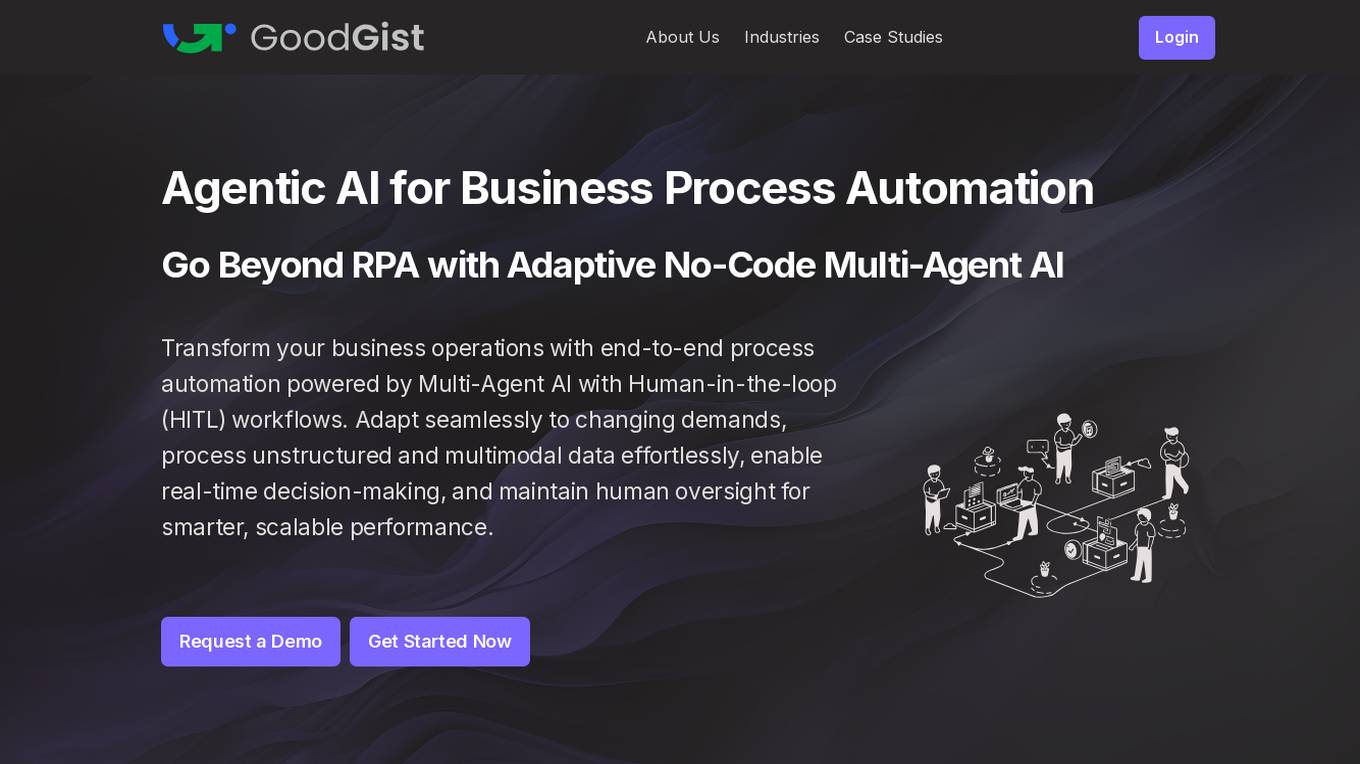
GoodGist
GoodGist is an Agentic AI platform for Business Process Automation that goes beyond traditional RPA tools by offering Adaptive Multi-Agent AI with Human-in-the-loop workflows. It enables end-to-end process automation, supports unstructured and multimodal data, ensures real-time decision-making, and maintains human oversight for scalable performance. GoodGist caters to various industries like manufacturing, supply chain, banking, insurance, healthcare, retail, and CPG, providing enterprise-grade security, compliance, and rapid ROI.
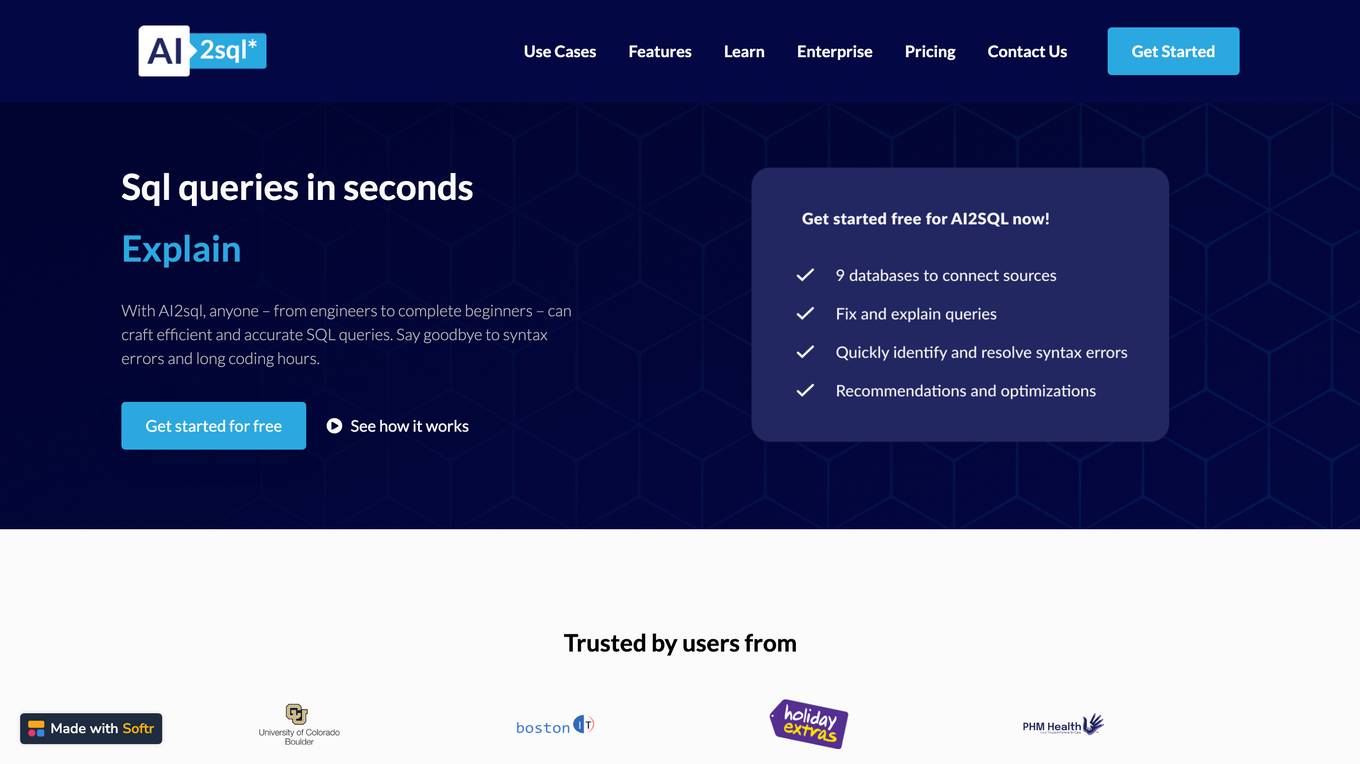
AI2SQL
AI2SQL is an AI-powered SQL query builder and generator that allows users to create, optimize, and automate SQL queries without the need for expert skills. The tool transforms natural language instructions into precise SQL and NoSQL queries, simplifying database design and enhancing query performance. With features like text to SQL conversion, SQL query optimization, and formula generation, AI2SQL streamlines complex operations and provides data insights for efficient analysis.

502 Bad Gateway Error
The website is experiencing a 502 Bad Gateway error, which means the server received an invalid response from an upstream server. This error typically indicates a temporary issue with the server or network. Users may encounter this error when trying to access a website or web application. The error message '502 Bad Gateway' is a standard HTTP status code that indicates a server-side problem, not related to the user's device or internet connection. It is important to wait and try accessing the website again later, as the issue may be resolved by the website administrators.

getscott.io
getscott.io is a website that provides information about an error code 522 related to Cloudflare. The site explains that this error occurs when the initial connection between Cloudflare's network and the origin web server times out, resulting in the web page not being displayed. It offers troubleshooting tips for both visitors and website owners to resolve the issue.
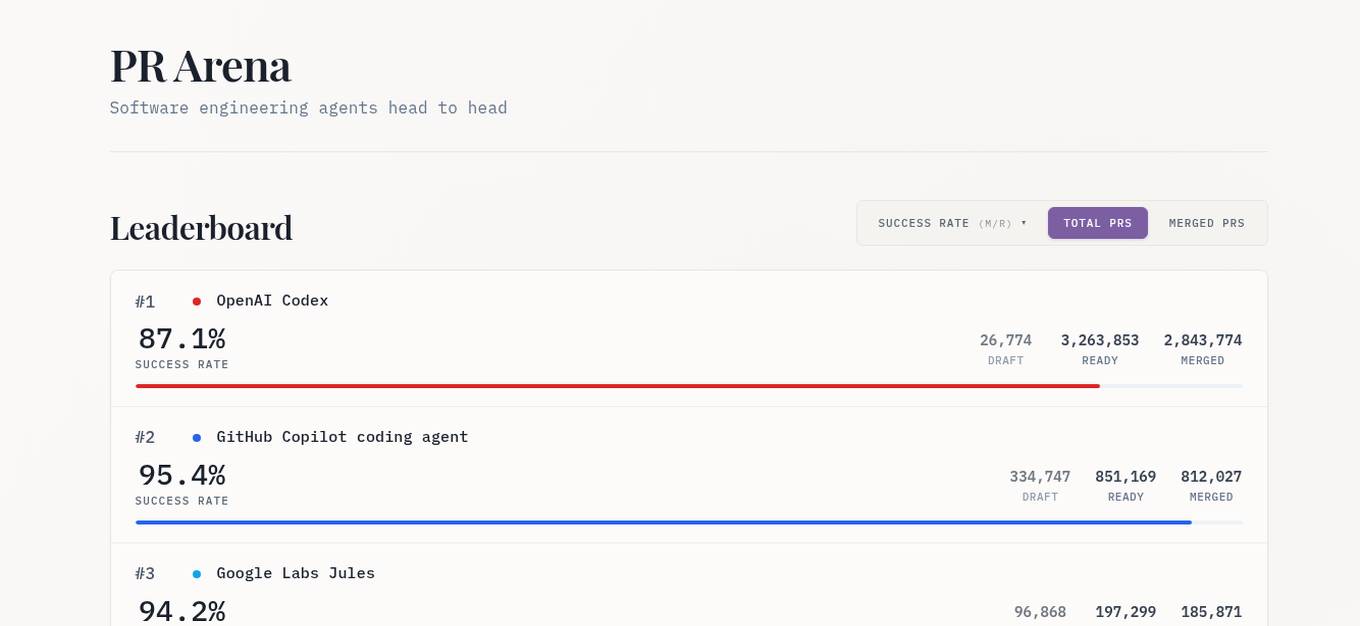
PR Arena
PR Arena is an AI coding agent leaderboard that showcases the performance of various software engineering agents in creating pull requests. It compares success rates, merged PRs, and workflow differences among popular AI coding agents like GitHub Copilot, OpenAI Codex, Cursor Agents, Devin, Codegen, and Google Labs Jules. The platform focuses on each agent's ability to produce mergeable code, regardless of whether they iterate publicly or privately.
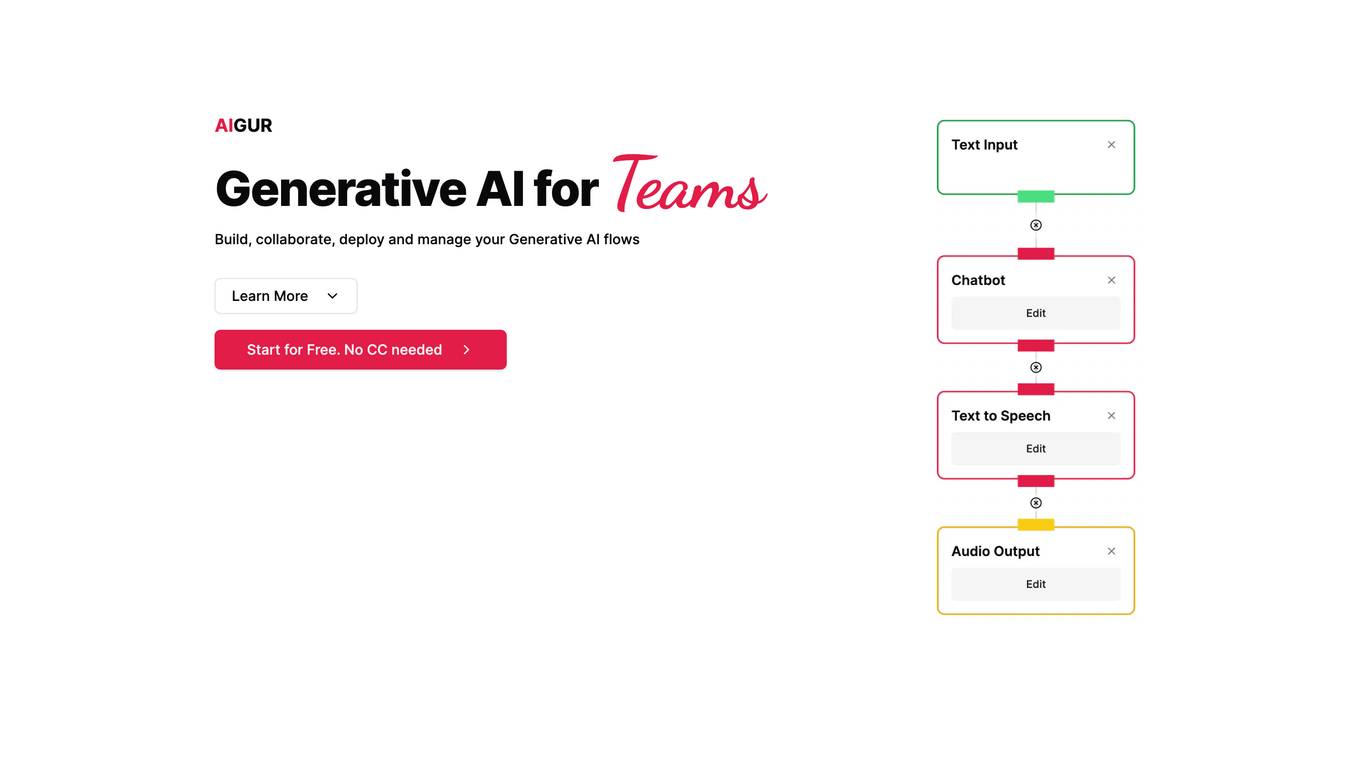
AIGUR
AIGUR is a generative AI platform that enables teams to build, collaborate, deploy, and manage generative AI flows. With AIGUR's no-code editor, users can create generative AI flows by dragging and dropping AI blocks and configuring how they interact. AIGUR also provides collaboration tools that allow multiple users to work on the same flow simultaneously. Once a flow is created, it can be integrated into any web or mobile application using a simple API call. AIGUR also provides monitoring tools that give users visibility into the different executions of their flows, as well as their cost, performance, and availability.

Cognigy.AI
Cognigy is an AI-powered customer service platform that offers generative and conversational AI agents to transform customer engagement. The platform provides pre-trained AI agents for phone, voice chat, and messaging, along with agent assist solutions for sales and marketing. Cognigy.AI elevates contact centers across various industries by offering enterprise-grade capabilities such as low-code automation, voice connectivity, generative AI for CX transformation, AI-based semantic search, and knowledge management. The platform also supports multilingual customer journeys, live agent workspace, omnichannel reporting, and analytics.
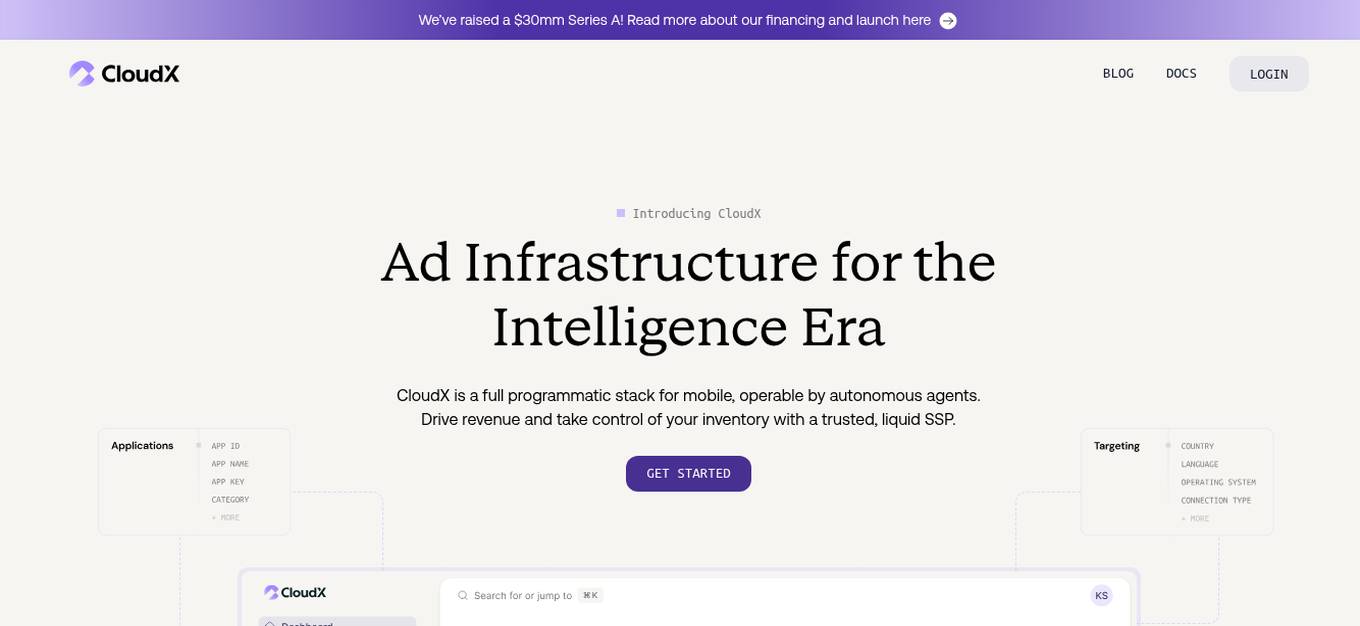
CloudX
CloudX is an ad infrastructure platform designed for the Intelligence Era, offering a full programmatic stack for mobile advertising operable by autonomous agents. It provides transparent auctions, publisher control, and quality ad experiences for mobile publishers. CloudX leverages AI technology to automate mobile SDK integration, reduce integration time, and deliver production-ready code in minutes. The platform enables monetization as code, allowing users to leverage modern software development principles for automation, version control, and A/B testing. CloudX also levels the playing field for non-SDK bidders by providing direct access for omnichannel programmatic buyers to compete alongside SDK bidders in the marketplace.
3 - Open Source AI Tools
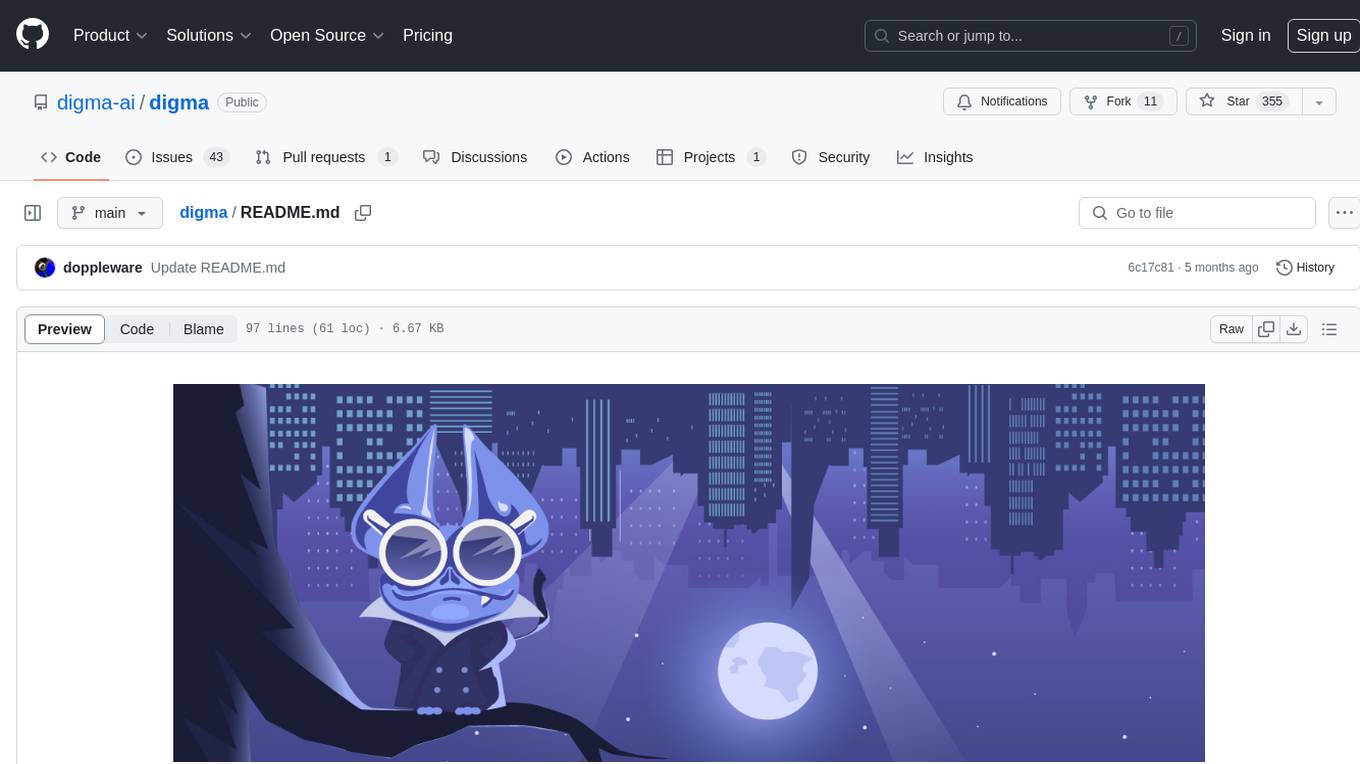
digma
Digma is a Continuous Feedback platform that provides code-level insights related to performance, errors, and usage during development. It empowers developers to own their code all the way to production, improving code quality and preventing critical issues. Digma integrates with OpenTelemetry traces and metrics to generate insights in the IDE, helping developers analyze code scalability, bottlenecks, errors, and usage patterns.
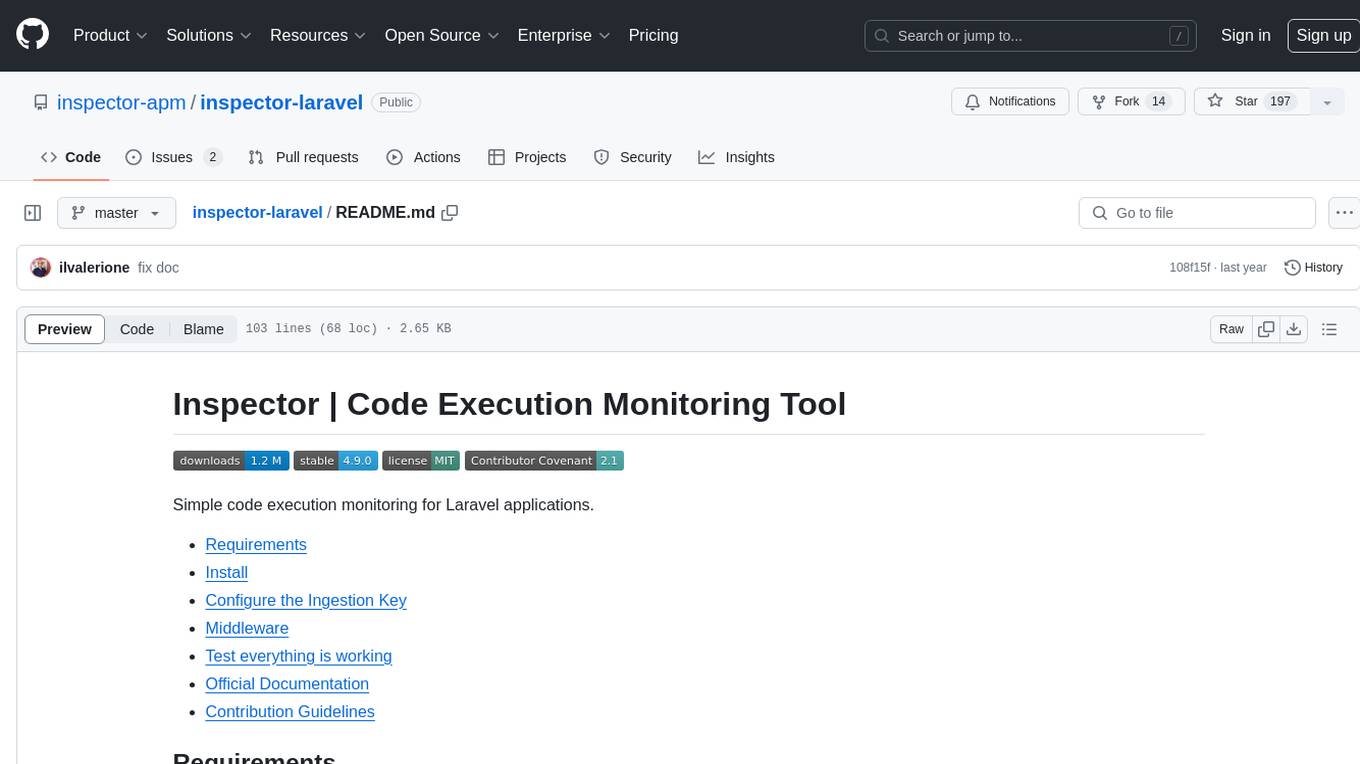
inspector-laravel
Inspector is a code execution monitoring tool specifically designed for Laravel applications. It provides simple and efficient monitoring capabilities to track and analyze the performance of your Laravel code. With Inspector, you can easily monitor web requests, test the functionality of your application, and explore data through a user-friendly dashboard. The tool requires PHP version 7.2.0 or higher and Laravel version 5.5 or above. By configuring the ingestion key and attaching the middleware, users can seamlessly integrate Inspector into their Laravel projects. The official documentation provides detailed instructions on installation, configuration, and usage of Inspector. Contributions to the tool are welcome, and users are encouraged to follow the Contribution Guidelines to participate in the development of Inspector.
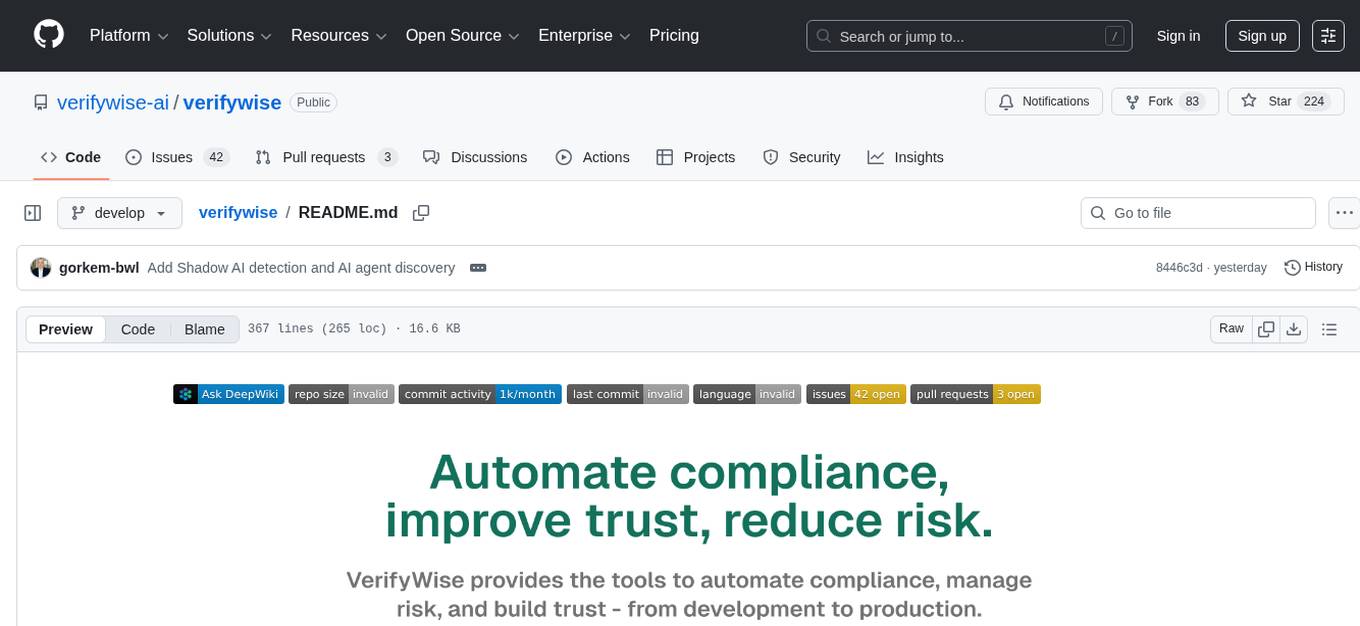
verifywise
Verifywise is a tool designed to help developers easily verify the correctness of their code. It provides a simple and intuitive interface for running various types of tests and checks on codebases, ensuring that the code meets quality standards and requirements. With Verifywise, developers can automate the verification process, saving time and effort in identifying and fixing potential issues in their code. The tool supports multiple programming languages and frameworks, making it versatile and adaptable to different project requirements. Whether you are working on a small personal project or a large-scale software development initiative, Verifywise can help you ensure the reliability and robustness of your codebase.
20 - OpenAI Gpts
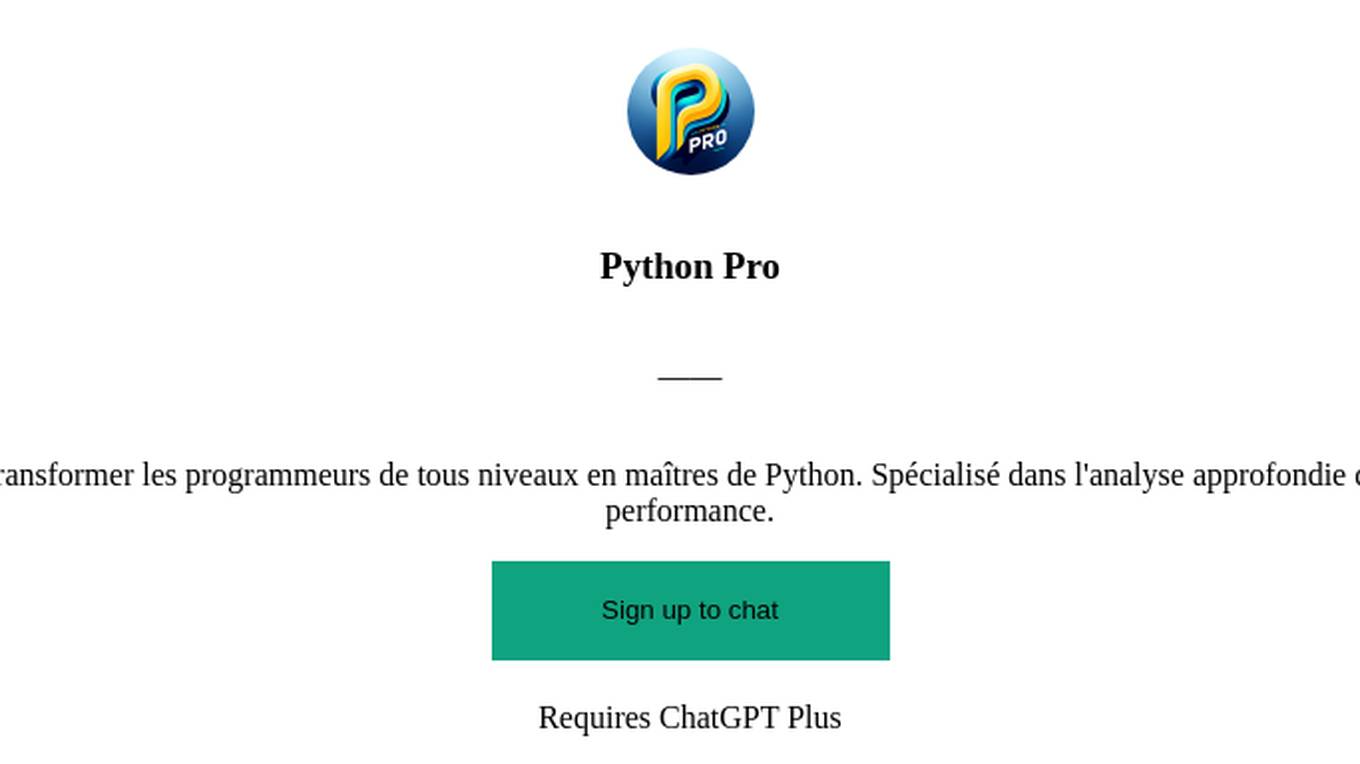
Python Pro
Assistant Python ultra-personnalisé, conçu pour transformer les programmeurs de tous niveaux en maîtres de Python. Spécialisé dans l'analyse approfondie du code, les tutoriels interactifs, et l'optimisation de performance.

42 C C++
A coding assistant specializing in C and C++98, offering guidance and explanations.

UX-UI Design Maestro
Expert in teaching, tools, coding, and real-time web analysis for UX-UI projects
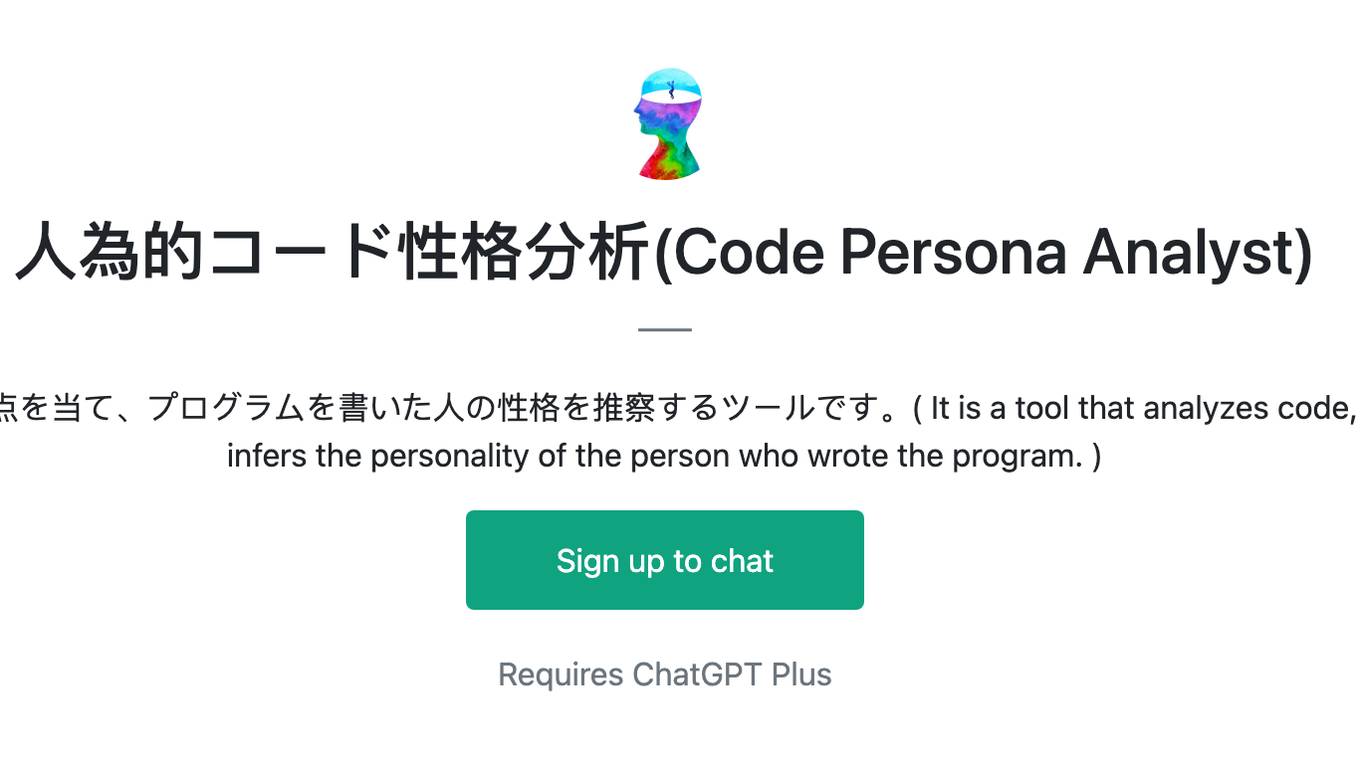
人為的コード性格分析(Code Persona Analyst)
コードを分析し、言語ではなくスタイルに焦点を当て、プログラムを書いた人の性格を推察するツールです。( It is a tool that analyzes code, focuses on style rather than language, and infers the personality of the person who wrote the program. )
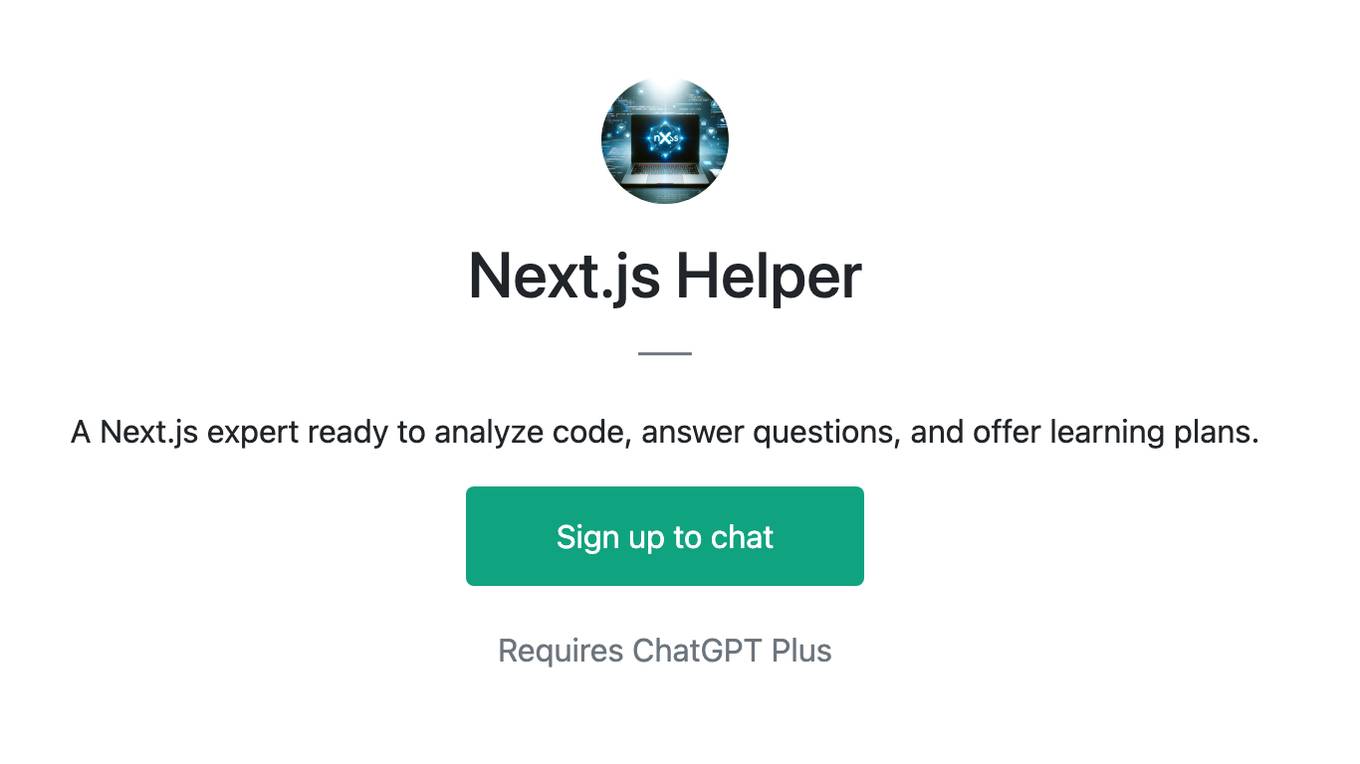
Next.js Helper
A Next.js expert ready to analyze code, answer questions, and offer learning plans.
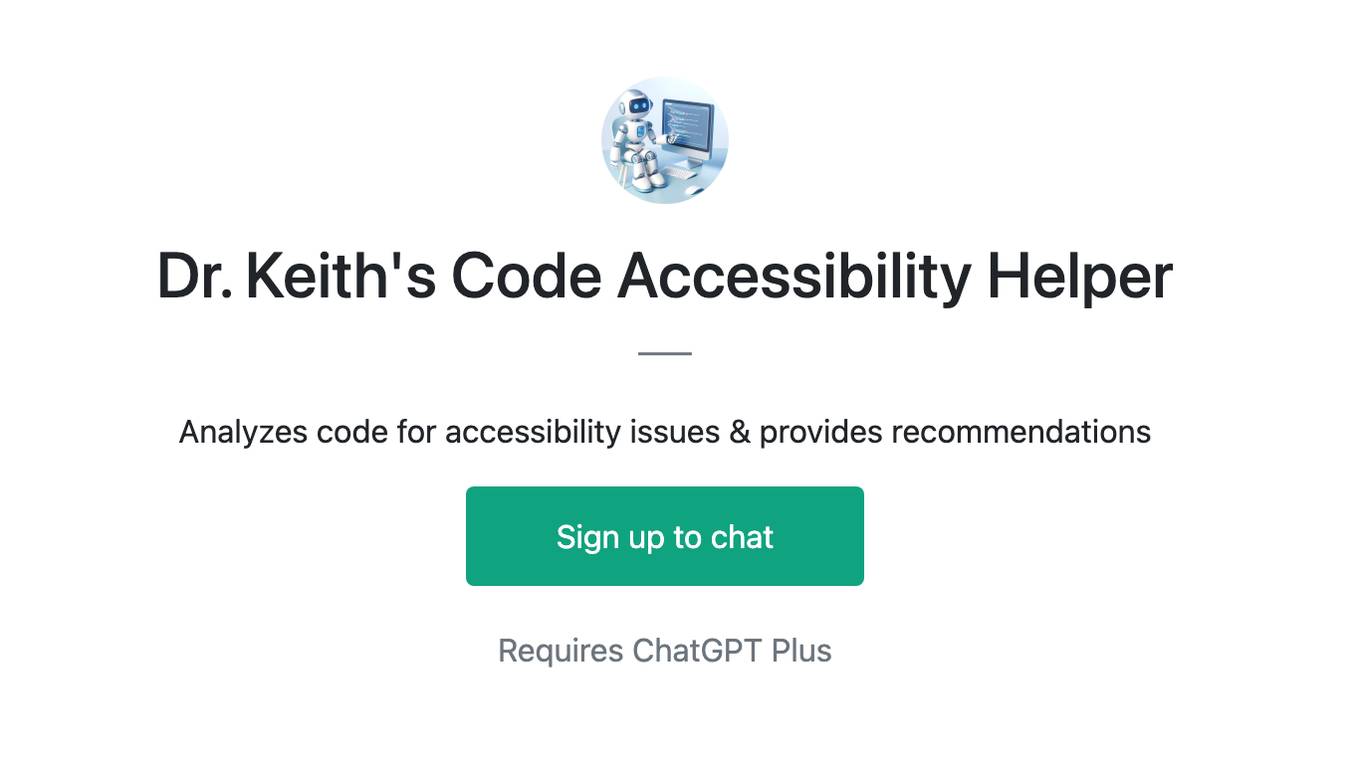
Dr. Keith's Code Accessibility Helper
Analyzes code for accessibility issues & provides recommendations
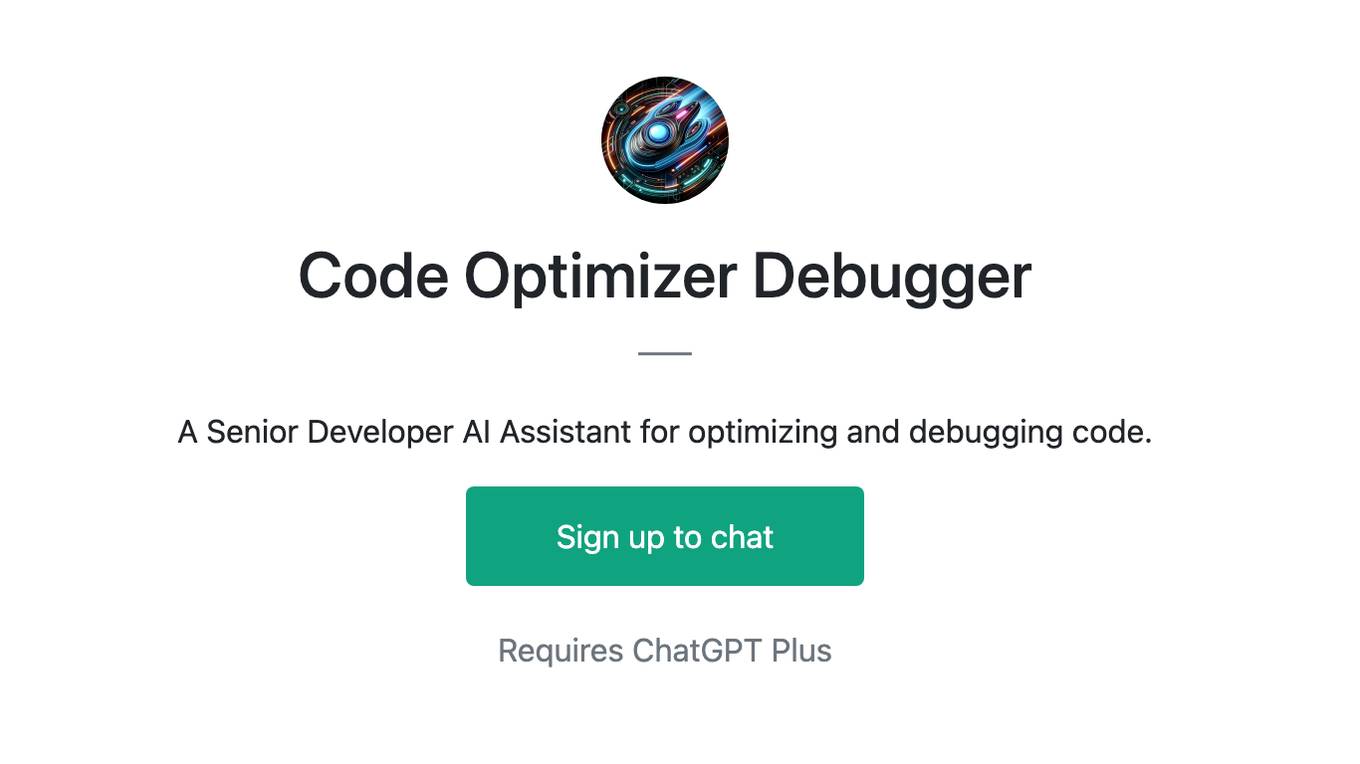
Code Optimizer Debugger
A Senior Developer AI Assistant for optimizing and debugging code.

